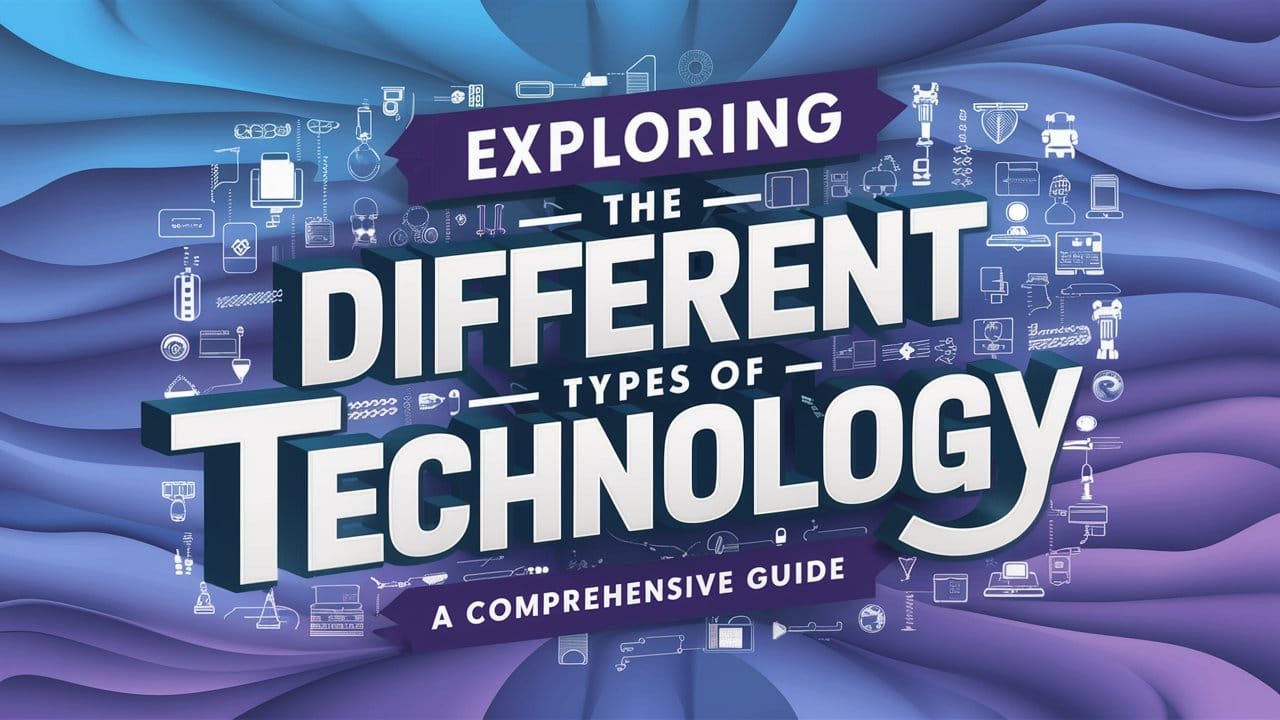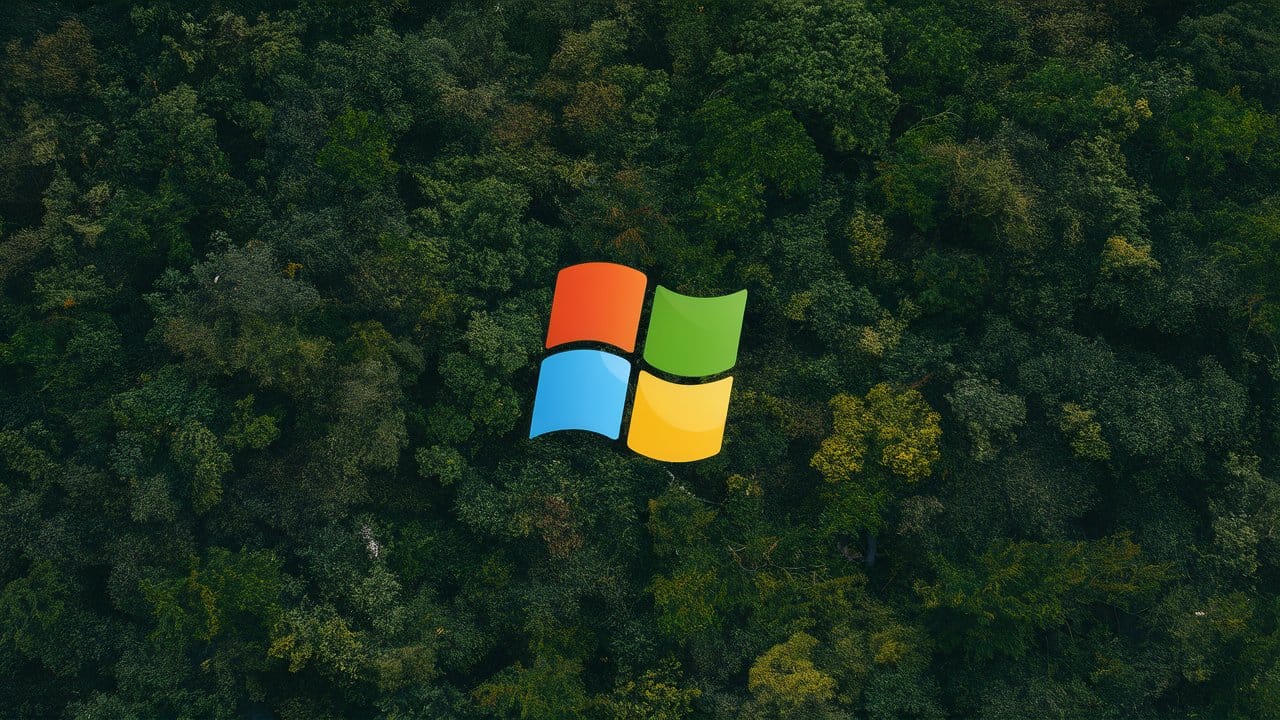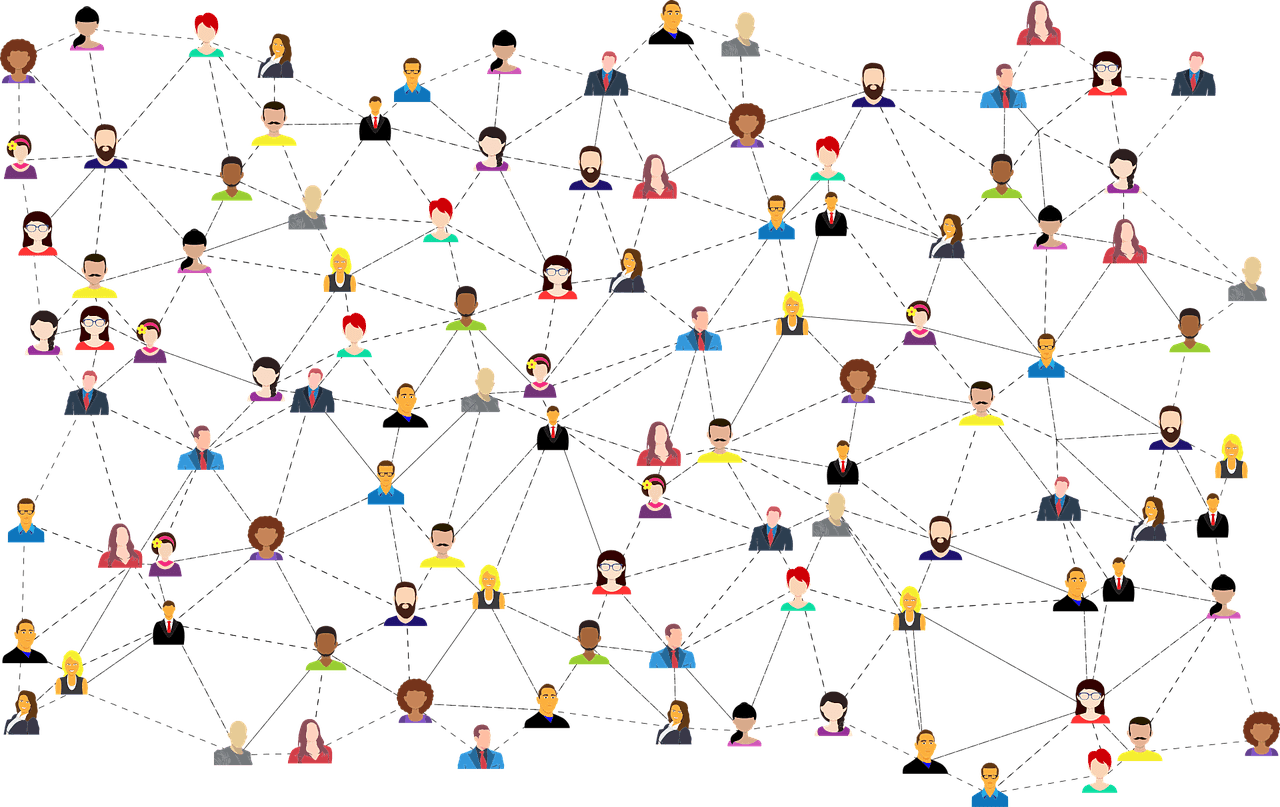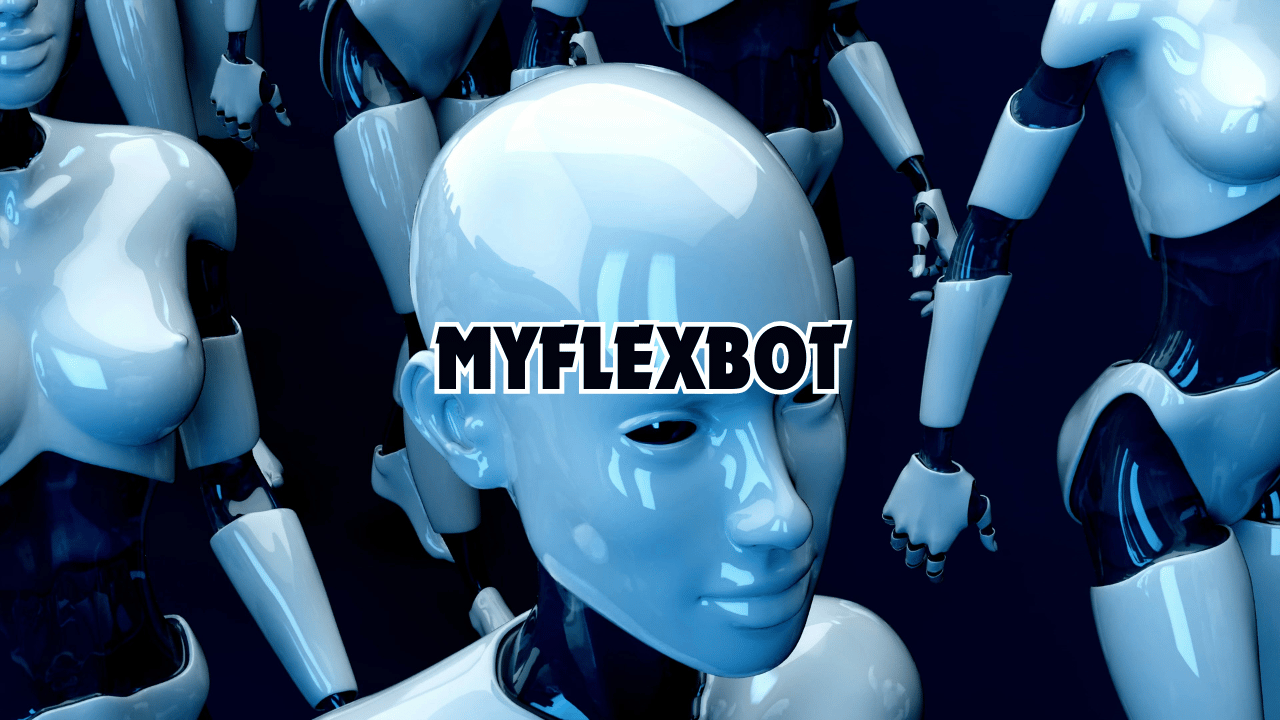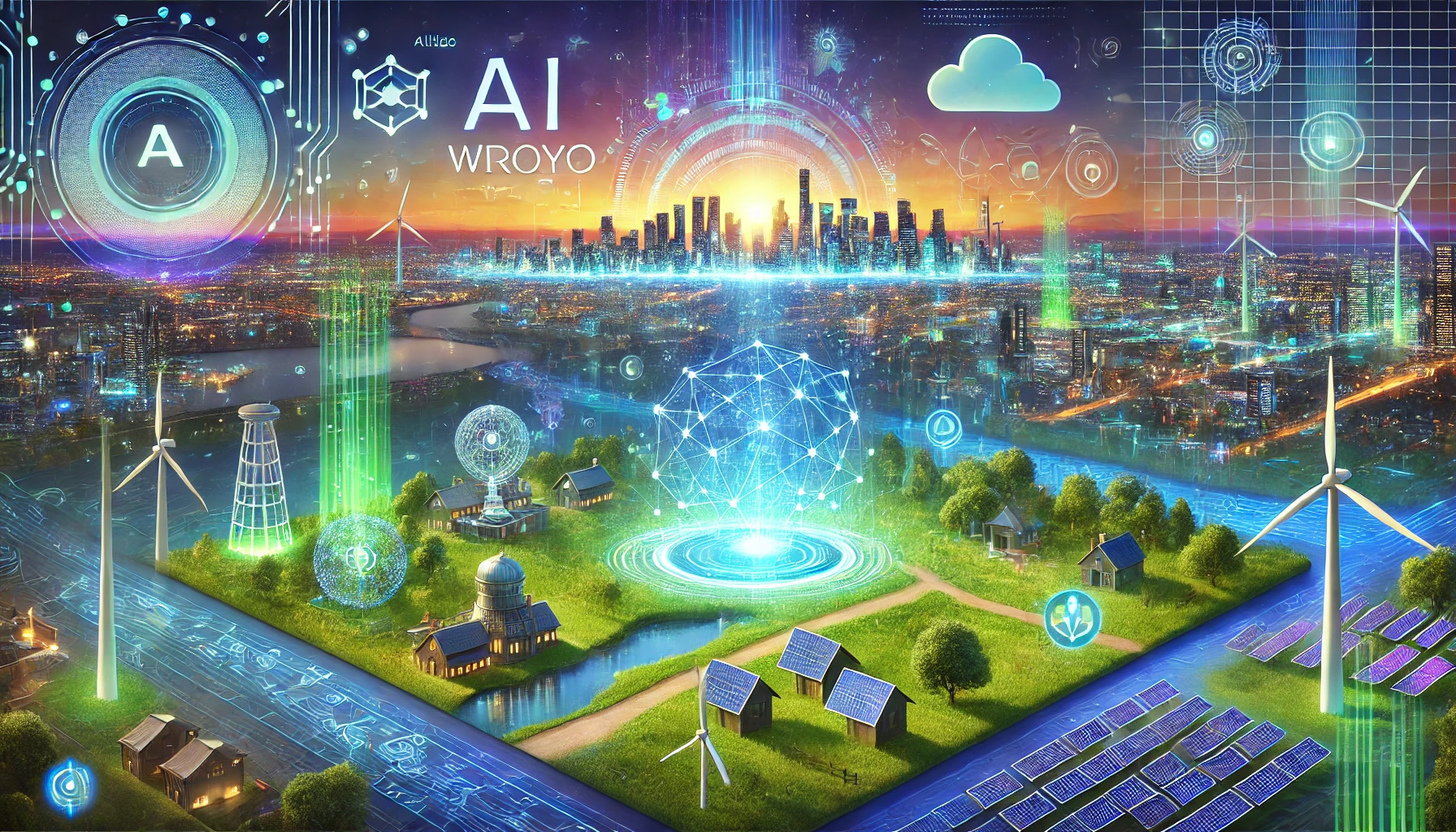As technology continues to advance at an unprecedented pace, it becomes increasingly important for us to understand the various types of technology that shape our world. From the devices we use daily to the emerging technologies that promise to revolutionize industries, the realm of technology is vast and ever-evolving. In this comprehensive guide, we will delve into the different types of technology, their applications, and the impact they have on our lives.
Understanding the importance of technology in our lives
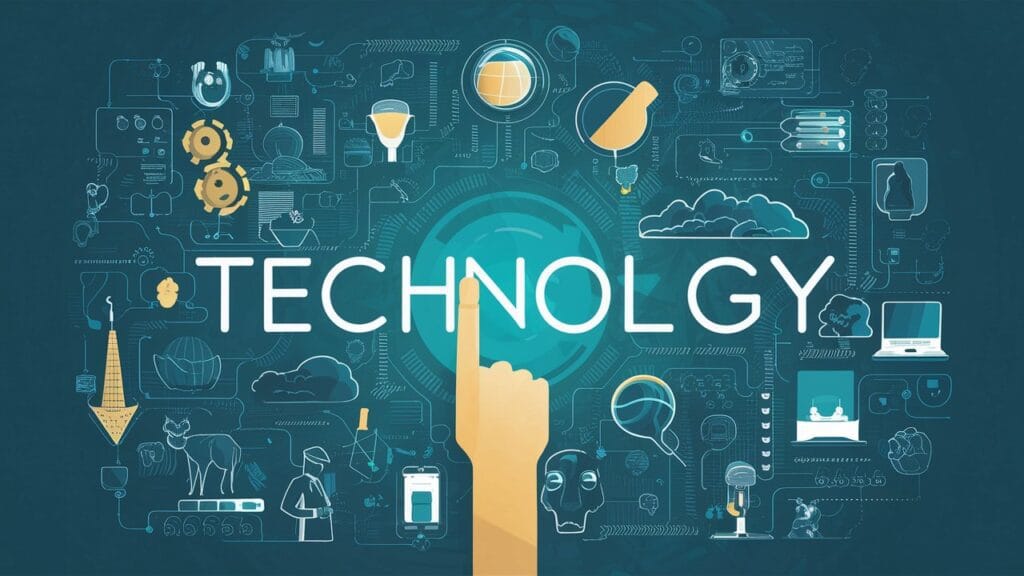
It is impossible to ignore the pervasive influence of technology in our modern society. From communication to transportation, education to healthcare, technology plays a vital role in almost every aspect of our lives. It has transformed the way we connect with others, access information, and navigate the world around us. The rapid advancements in technology have made our lives more convenient, efficient, and connected than ever before. Whether it is the smartphone in our pocket or the smart home devices that automate our daily tasks, technology has become an integral part of our existence.
Exploring the main categories of technology
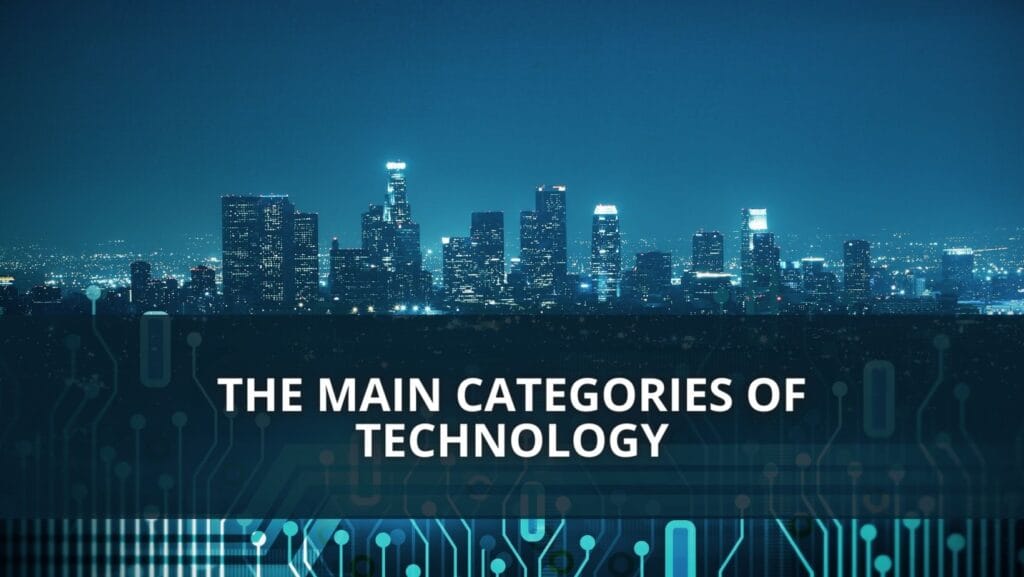
To better understand the different types of technology, it is helpful to categorize them into distinct groups. Broadly speaking, technology can be classified into various categories based on its applications and functionalities. These categories include information technology, communication technology, transportation technology, medical technology, and many more. Each category encompasses a wide range of technologies that serve specific purposes and cater to different needs.
Technology that utilizes radio waves

One of the most fascinating types of technology is the one that utilizes radio waves. Radio wave technology has revolutionized the way we communicate and transmit information wirelessly. From radios to televisions, from Wi-Fi to Bluetooth, radio wave technology enables seamless wireless communication across vast distances. It is the foundation of our modern telecommunications systems and forms the backbone of our interconnected world. Without radio wave technology, our ability to communicate and access information in real-time would be severely limited.
Types of wearable technology and their applications

Wearable technology has gained immense popularity in recent years, with devices like smartwatches, fitness trackers, and virtual reality headsets becoming increasingly common. These wearable devices not only enhance our daily lives but also have applications in various industries. For example, in the healthcare sector, wearable technology can monitor vital signs, track sleep patterns, and provide real-time health data to medical professionals. In the sports industry, wearable technology can track performance metrics, analyze movements, and improve training techniques. The applications of wearable technology are vast and continue to expand as advancements are made in this field.
Emerging technologies to watch out for
The world of technology is constantly evolving, and new and exciting innovations are always on the horizon. There are several emerging technologies that hold great promise for the future. One such technology is artificial intelligence (AI), which has the potential to revolutionize industries ranging from healthcare to transportation. AI can automate tasks, analyze vast amounts of data, and make intelligent decisions, leading to increased efficiency and productivity. Other emerging technologies include blockchain, virtual reality, 3D printing, and quantum computing. These technologies have the potential to reshape our world and open up new possibilities.
The role of technology in smoke detection
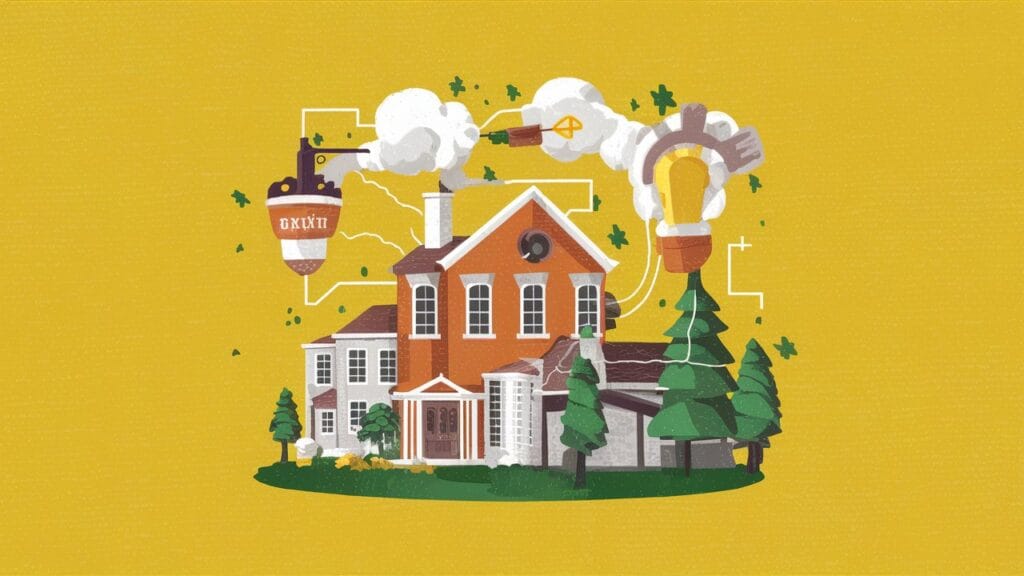
When it comes to safety, technology plays a crucial role in protecting lives and property. Smoke detection technology is a prime example of how technology can save lives in the event of a fire. There are two main types of smoke detection technologies: ionization smoke detectors and photoelectric smoke detectors. Ionization smoke detectors use a small amount of radioactive material to detect the presence of smoke particles, while photoelectric smoke detectors use a light source and a sensor to detect smoke. Both types of smoke detectors have their advantages and are used in different settings to ensure early detection of fires.
Technology trends for the future
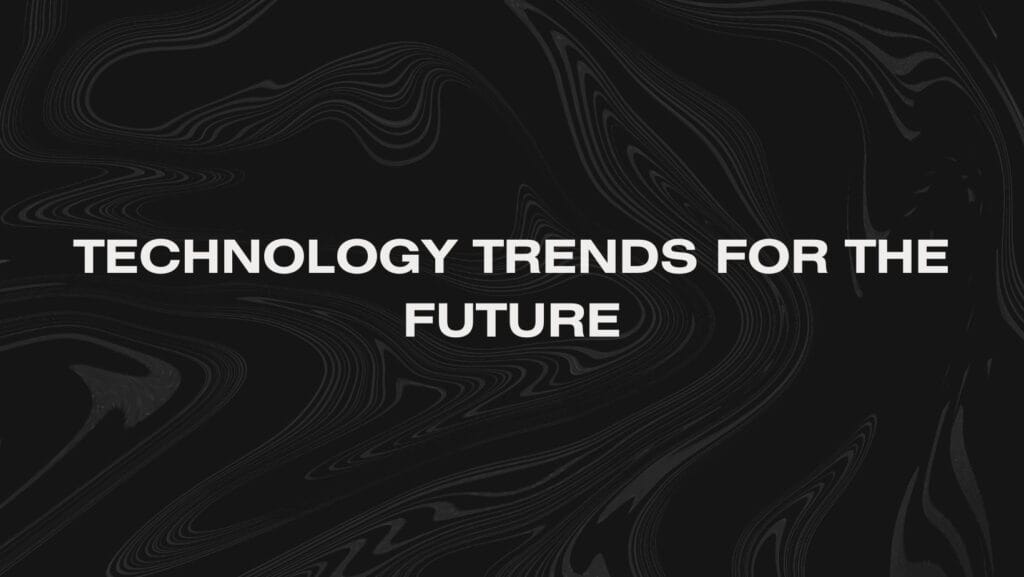
As we look to the future, there are several technology trends that are likely to shape our world. One such trend is the Internet of Things (IoT), which refers to the network of interconnected devices that can communicate and share data with each other. With the proliferation of IoT devices, our homes, cities, and workplaces are becoming smarter and more efficient. In this evolving technological landscape, the role of professionals who can seamlessly integrate various technologies becomes crucial. Specifically, full-stack developers, armed with a comprehensive set of skills, are pivotal in driving these innovations forward. For those interested in contributing to this dynamic field, acquiring essential full-stack developer skills becomes imperative as we head into 2024. Additionally, the rise of renewable energy technologies, such as solar power and wind power, as we seek to mitigate the effects of climate change, along with advancements in robotics, automation, and virtual reality, are set to transform industries and redefine the way we work and interact.
Conclusion: Embracing the diverse world of technology
In conclusion, the world of technology is vast and diverse, with a wide range of types and applications. From the devices we use daily to the emerging technologies that hold great promise, technology has become an integral part of our lives. It is crucial for us to embrace and understand the different types of technology as they continue to shape our world and drive innovation. By staying informed and open to new possibilities, we can fully appreciate the impact that technology has on our lives and actively participate in its development.
FAQs
How does technology impact privacy and security in our daily lives?
Technology has made sharing information easier, but it has also raised concerns about privacy and security. With the rise of social media and online transactions, personal data can be vulnerable. It’s important for users to be aware of privacy policies and take measures to secure their information.
What are the potential ethical implications of emerging technologies such as artificial intelligence and blockchain?
Technologies like AI and blockchain offer great potential but also raise ethical concerns. AI brings questions about accountability and bias, while blockchain raises issues around data privacy and governance. It’s crucial to have discussions about the ethical use of these technologies.
How can individuals and businesses adapt to the rapid pace of technological change and ensure they are not left behind?
Continuous learning and adaptability are key for individuals to stay ahead in a rapidly changing technological landscape. Businesses can adapt by fostering innovation, investing in technology, and empowering employees to embrace change.
